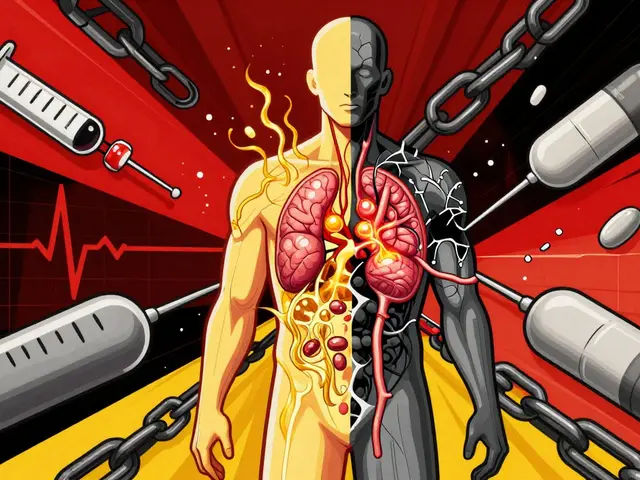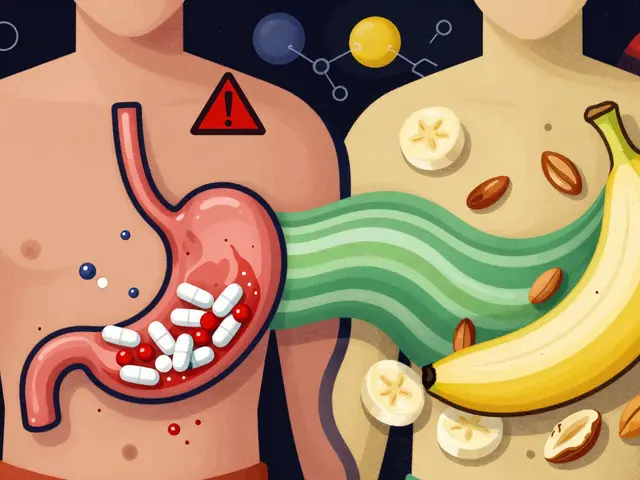Living with a chronic condition: simple, practical tips that actually work
If you manage a long-term illness, small routines make the biggest difference. This page collects clear, doable ideas to help with everyday life: tracking meds, talking to doctors, staying active, and buying medicines safely online. No fluff — just practical steps you can try this week.
Manage medications like a pro
Start with a single, up-to-date list you can show your doctor or pharmacist. Include drug names (brand and generic), dose, time of day, why you take it, and who prescribed it. Keep this on your phone and a paper copy in your wallet.
Use a weekly pill organizer or an alarm app that logs doses. If you take injections or inhalers, store spare supplies in a labeled container so you never scramble. When side effects pop up, write down exactly what and when it happens — that detail helps your clinician fix the problem faster.
Thinking of buying meds online? Check pharmacy credentials, read recent user reviews, and confirm they require a prescription for prescription drugs. Our guides on safe online purchases walk through red flags and trusted options so you avoid counterfeit or unsafe products.
Daily life, energy, and routines that help
Keep routines short and repeatable. For energy, plan your hardest tasks for when you feel best that day. Break errands into 20–30 minute chunks and build in a real rest afterward. Small habit: pack go-bags for common outings — water bottle, meds, charger, and a short emergency note with your condition and doctor contact.
Move in ways your body tolerates. If high-impact exercise hurts, try walking, water workouts, or gentle strength moves at home. Track progress in a simple log — 10 minutes a day adds up and shows you what helps muscle strength and mood.
Mental health matters. Chronic conditions wear on your mood and patience. Find one small habit that helps: a 5-minute breathing break, a call with a supportive friend, or a short walk outside. If anxiety or low mood sticks around, ask your doctor about therapy or medication options — getting help early saves time and stress.
Plan for travel and emergencies. Carry a compact medical card with your condition, allergies, current meds, and emergency contact. When flying, keep meds in carry-on baggage and bring copies of prescriptions. If you rely on refrigerated meds, ask your pharmacist for travel-safe storage tips.
Finally, build a team. Your best outcomes come from a doctor who listens, a pharmacist you trust, and a friend or family member who knows your basic plan. Use trusted resources on this site for deeper reads about specific medicines and safe online pharmacies. Small systems, steady checks, and clear communication give you more control over daily life with a chronic condition.

The Long-Term Effects of Living with Gallstones
Living with gallstones can have significant long-term effects on our health and well-being. Over time, these tiny deposits in our gallbladder can cause chronic pain and inflammation, making daily activities and enjoying food a challenge. In some cases, untreated gallstones can lead to more severe complications like gallbladder infection or pancreatitis. Furthermore, the constant discomfort can negatively impact our mental health, leading to increased stress and anxiety. It's essential to consult with a healthcare professional and explore treatment options to alleviate these long-term consequences and improve our quality of life.
read more




